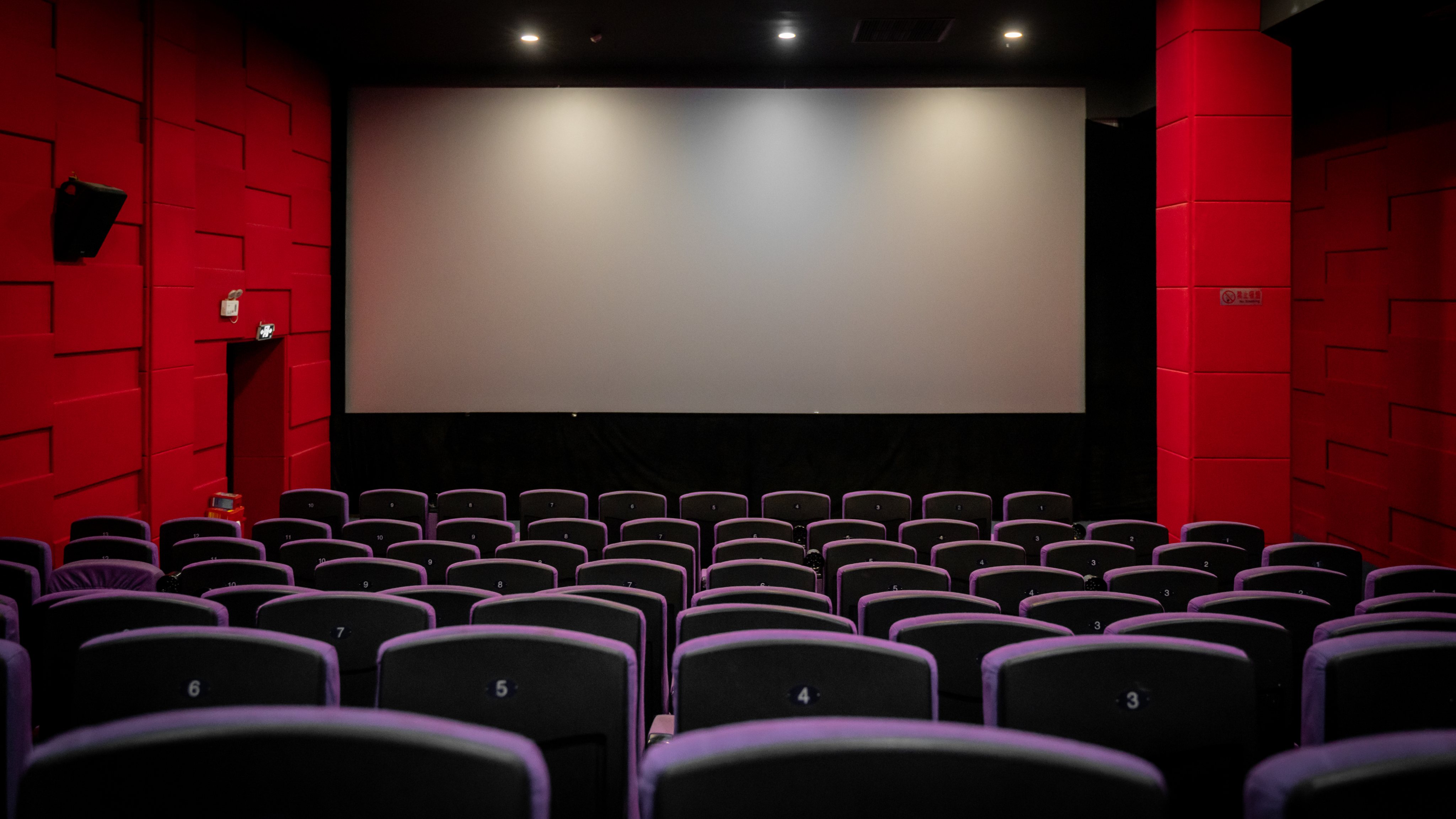The Cinematheque has already digitized 95 Portuguese films, which represents approximately half of the 10,000 minutes stipulated in the FILMar digitization and preservation program, project coordinator Tiago Bartolomeu Costa told Lusa.
FILMar is a project of the Portuguese Cinematheque, with European funding of 880,000 euros, which started in February 2020 and whose mission is to digitize and preserve 10,000 minutes of Portuguese cinema films whose theme is related to the sea.
Cinematheque will digitize 10,000 minutes of cinema related to the sea
In three years of operation, 5,720 minutes were digitized, corresponding to 18 feature films and 77 short films, but “there are many titles already in progress that have not yet entered the accounts as finished,” explained Tiago Bartolomeu Costa.
The FILMar project, which will end in 2024It is financed through the European Economic Area Financial Mechanism (EEA Grants), to which Iceland, Liechtenstein and Norway contribute.
The object of FILMar is Portuguese cinema, which is stored in the National Archive of Moving Images (ANIM), of the Portuguese Cinematheque, and together with digitization, the dissemination of covered films is planned.
The intention is to “return to the communities the knowledge about the way in which the cinema told their stories”, reads the official website of the Portuguese Cinematheque.
In association with Norway, the Cinemateca will present on April 18 at the Bergen branch three films that have already been digitized: “Los refrigerated warehouses of Porto” (1939), by Adolfo Quaresma, “A almadraba tuneira” (1963), by António Campos, and “Traffic and stowage” (1968), by Manuel de Guimarães.
According to Tiago Bartolomeu Costa, “it is also developing an exchange program in technical areas between the Portuguese Cinematheque and the Norsk Film Institute“.
In 2024, FILMar’s programming will end with a retrospective of Portuguese cinema in collaboration with the Norsk Film Institut.
Among the 18 feature films already digitized are titles such as “O Fauno das Montanhas” (1926), by Manuel Luís Vieira, “Catembe” (1965), by Faria de Almeida, and “Hasta mañana, Mário” (1993), by Solveig Nordlund.
The Curtas de Vila do Conde Festival welcomes Bohren and the Gore and Miaux Club in July
In the digitization process are already “Camões” (1950), by Leitão de Barros, “Cuando el mar llegó a la tierra” (1954), by Henrique Campos, “A fuga” (1977), by Luís Filipe Rocha, and “Serenidade ” (1989), by Rosa Coutinho Cabral.
Among the short films, “Alfama, the old Lisbon” (1930), by João de Almeida e Sá, “The invention of love” (1964), by António Campos, and “Albufeira” (1964), by António Campos, already have has been digitized. 1966), by Antonio de Macedo.
In the last year, the aspect of diffusion of digitized films has had more than 30 sessions, particularly with film festivals and in several cases with film-concerts, with live music performance.
In the field of FILMar, the Cinematheque has already honored the geographer Raquel Soeiro de Brito this year and will celebrate the centenary of the birth of the director, photographer and cinematographer Augusto Cabrita, “whose short films are an ethical and political commitment that observes and accompanies the social transformation of the country.
Source: Observadora
